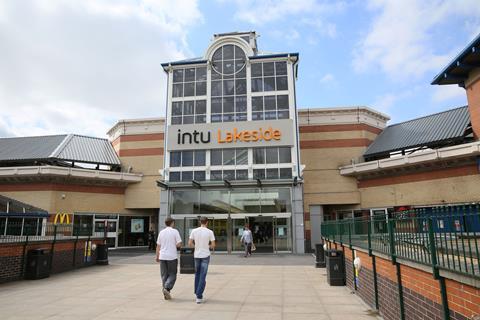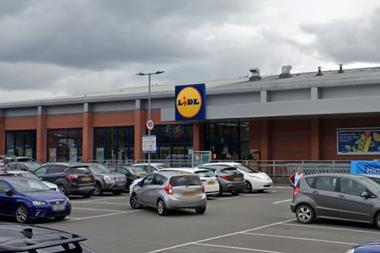In recent months, the impact of Covid-19 has been acutely felt by the retail sector, an asset class that was already facing significant challenges before the global pandemic.

Now, 20,622 UK stores are forecast to close this year. The collapse of intu has renewed the debate over the future of retail and, for landlords, the future of the physical space that houses retail tenants.
The prime minister’s ‘build, build, build’ speech, including what he has dubbed ‘Project Speed’, has promised the most radical planning reforms since the Second World War and looks set to ease the transformation of commercial buildings into residential use. But a major hurdle to the repurposing of UK retail into alternative uses, whether residential or logistics, is debt providers’ reluctance to take on the risk and support schemes.
Why is this? First and foremost, the entire process is uncertain and capital-intensive. You need a sponsor that is well-capitalised. Securing vacant possession of a multi-let shopping centre is very difficult, with the real risk of the last remaining tenants holding a developer to ransom, while local authorities are reluctant to use compulsory purchase legislation for myriad reasons, including the underwriting costs.
Retail repurposing projects are not a natural fit for funders, as what are effectively ‘pre-development’ loans are further up the risk spectrum than many banks are comfortable with.

Before you even get to the redevelopment costs, there’s the initial asset-value erosion and possibility of having a negative net operating income (NOI) as leases are surrendered and vacant rates and service charge accounted for. If the site includes existing long-dated income that can be secured into the new development, this assists significantly with the NOI.
Location is also key. There needs to be inherent value in the land itself and strong demand for residential at attractive pricing. These sites are usually in the South East and benefit from excellent transport connectivity. Where values are especially low, it may be appropriate for local authorities to purchase sites and engineer some value into them.
Strong track record
A borrower also needs to demonstrate a good relationship with local stakeholders and a strong track record of working up a planning application. Generally, planning policy supports the repurposing of a failing shopping centre.
The risk to the developer lies with acceptable massing or height of a new residential lead scheme, as well as the percentage of affordable housing and other planning requirements.
Project Speed is a much-needed boost, but the government could go further by underwriting local authorities compulsory purchase powers that allow them to buy out tenant leases, waive business rates during pre-development and encourage tall buildings in the town centre.
Evolving retail space into mixed-use, community-led real estate, puts consumers at the heart of the developments and delivers space they will engage with. We were involved in an example of this at Surrey Quays with development and design group Sellar. We successfully negotiated a surrender and regrant with Decathlon and obtained planning consent for more than 1,000 new apartments. Sellar has gone on to successfully build out the first phase, creating a vibrant centre core to a wider masterplan.
The government’s latest proposals should move things in the right direction, but more measures are required to make repurposing retail into residential viable. Other conversions, for example to retail warehousing to logistics, make more sense; but with a desperate shortage of housing across the UK, converting retail to residential should be a national priority.
William Scoular is head of private client lending in Investec’s Structured Property Finance Team





























No comments yet